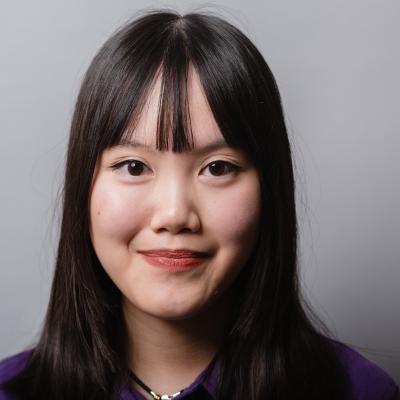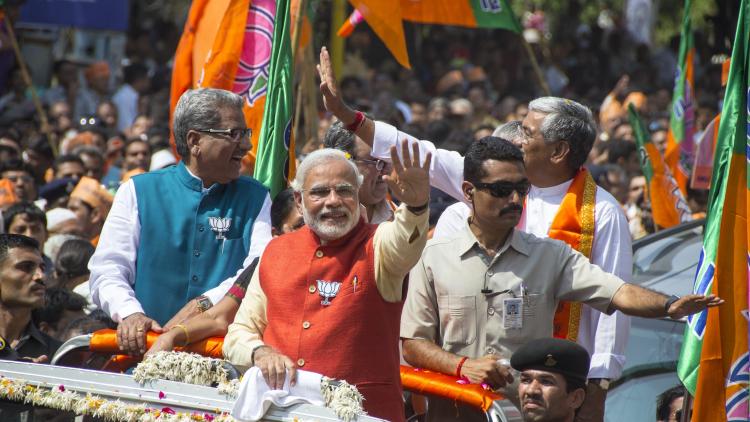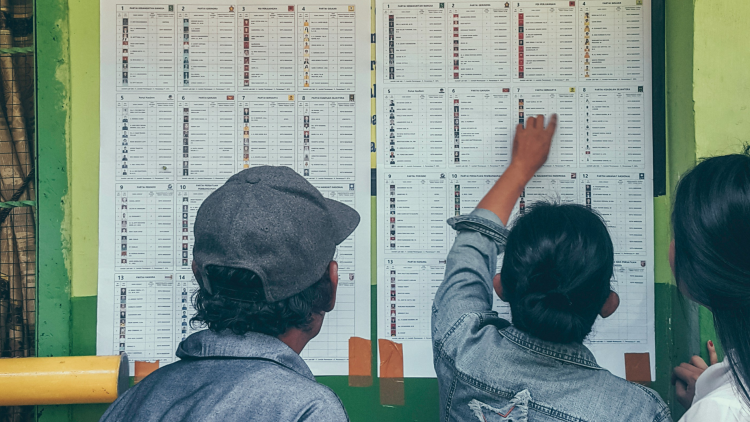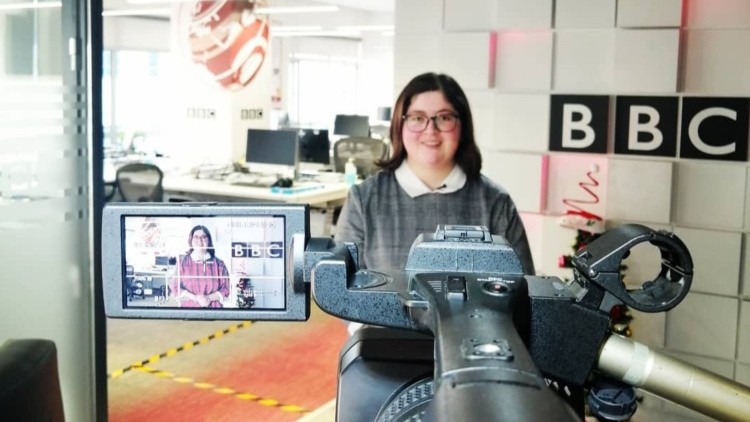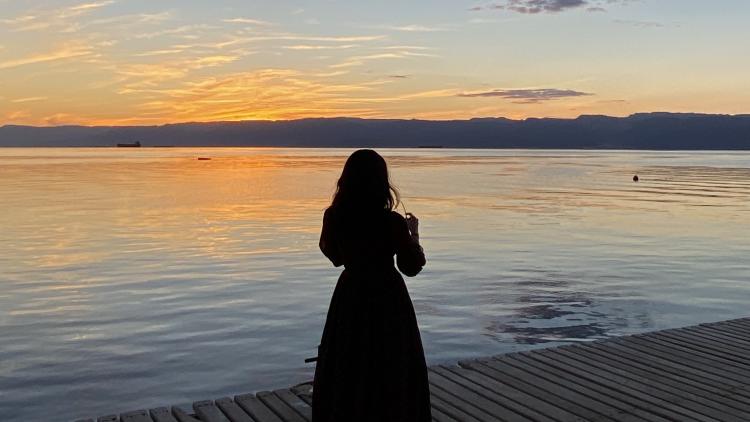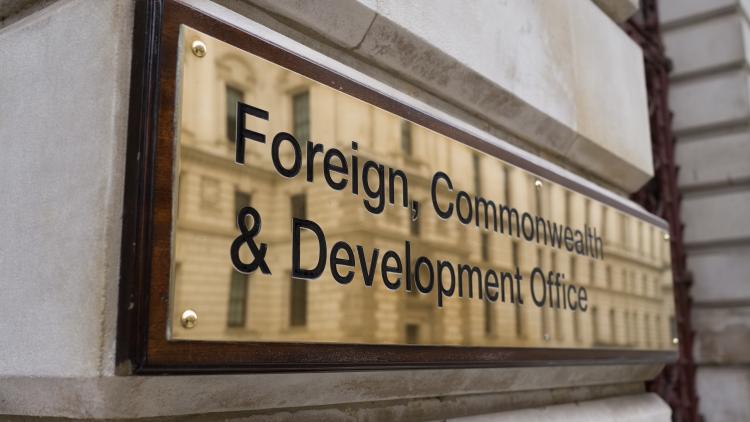BA International Relations and...
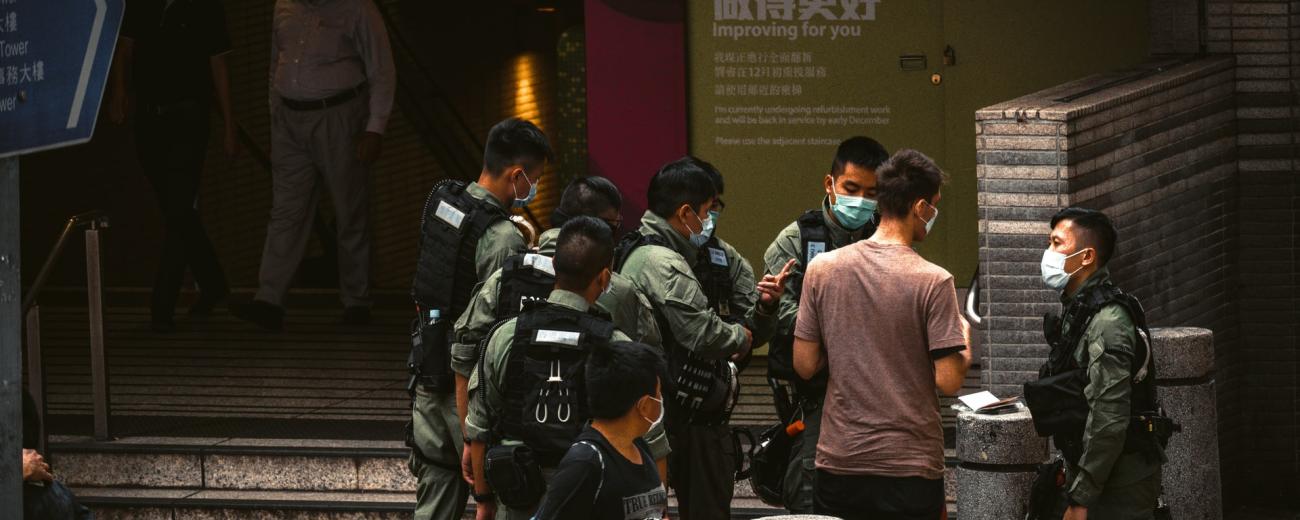

Key information
- Duration
- 3 or 4 years
- Start of programme
- September
- Attendance mode
- Full-time
- Location
- Russell Square, College Buildings
- Fees
-
Home student fees: £9,250
Overseas student fees: £21,990Please note that fees go up each year.
See undergraduate fees for further details. - Entry requirements
-
AAA-AAB
(For joint degrees, the offer is based on the subject with the higher entry requirements)
Contextual: AAB-ABB
-
See undergraduate entry requirements and English language requirements for international and alternative entry requirements.
Course overview
Are you passionate about developing critical global perspectives and actionable insights on subjects ranging from Republicanism, empire and revolution to War and the International?
The BA International Relations Combined Honours programme is designed to be an immersive experience that draws on the significant expertise of our diverse academic specialists in the study of Asia, Africa and the Middle East.
Why study International Relations Combined Honours at SOAS?
- SOAS is ranked 5th in the UK and 17th worldwide for Politics (QS World University Rankings 2023).
- We're ranked 6th in the UK for employability (QS World University Rankings 2023).
- We are also ranked 3rd globally for academic reputation (QS World University Rankings 2022) and 5th in the UK (Guardian League Table 2023).
Degree combinations
May be combined with
The study of International Relations can be combined with a wide range of social science and humanities subjects, or with the study of languages and regions of Asia, Africa and the Middle East only available at SOAS.
* Students taking BA International Relations with another subject must satisfy the requirements of both Departments.
- Arabic +, LT2P BA/IRA
- Chinese +, LB23 BA/IRC
- Development Studies , LL28 BA/IRDS
- East Asian Studies
- Economics , LL21 BA/IRE
- History , LV22 BA/IRH
- History of Art, TV45
- Japanese +, LTF2 BA/IRJ
- Korean +, LT24 BA/IRK
- Languages and Cultures
- Law , LMF1 BA/IRL
- Music, LT33
- Politics
- Social Anthropology , LL26S09 BA/IRSA
+ 4 year degree with (compulsory) 1-year abroad
++ 3 or 4 year degree with option of 1-year abroad
Key information set data
Structure
The BA International Relations and… is a two-subject three-year degree programme. The information below describes the International Relations component of the degree.
Over the course of a three-year degree, students must complete 360 credits. These can be split evenly between both subjects (180/180), or be varied between the two subjects if the programme structure gives scope for this. Students must have at least 150 credits in one subject (with a maximum of 240 credits being possible) and 120 credits in the other subject (with a maximum of 210 credits being possible) in order to be awarded a two-subject degree. The subject in which the higher amount of credits has been passed will be named first on the final degree awarded.
Please note: Students taking BA International Relations with another subject must satisfy the requirements of both Departments.
Important notice
The information on the website reflects the intended programme structure against the given academic session. The modules are indicative options of the content students can expect and are/have been previously taught as part of these programmes. However, this information is published a long time in advance of enrolment and module content and availability is subject to change.
Year 1
Compulsory module
Students will take the following compulsory module:
Guided Optional modules
Students will take 30 credits from the list below
Second subject
Students will take modules to the value of 60 credits from the second subject
Year 2
Credits must be taken in the following combination;
- 30 credits from Disciplinary options
- 30 credits from Regional options
- 60 credits from second subject
Disciplinary options
Regional options
Second subject
Students will take modules to the value of 60 credits from the second subject.
Year 3
Credits must be taken in the following combination;
- A minimum of 30 and maximum of 60 credits from list A
- A maximum of 30 credits from list B
- 60 credits from the second subject
List A
List B
Second subject
Students will take modules to the value of 60 credits from the second subject.
Teaching and learning
The programme provides methodological and skills training throughout and allows final year students to undertake an independent research project, such as a dissertation, supervised by an academic member of staff.
Contact hours
Most of our modules are taught through a combination of lectures and tutorials. Lectures (50 minutes) provide broad overviews of the topic. They are accompanied by tutorials (50 minutes) that give students the opportunity to discuss readings and key issues in small groups. In the final year, modules may also take the form of two-hour seminars allowing for deeper engagement with more specialised topics.
By the end of the programme students will have acquired a range of transferable skills. This includes the ability to collect and synthesise information, read and evaluate complex materials, assess the evidence for a range of different positions, construct arguments, exercise independence of judgement and communicate effectively both orally and in writing.
Learning resources
Students also benefit from the vibrant learning environment SOAS provides more broadly. The SOAS Library is one of the world's most important academic libraries for the study of Africa, Asia and the Middle East, attracting scholars from all over the world. Moreover, every year there is a lively events programme that attracts renowned speakers from around the world, allowing students to engage with cutting edge debates on contemporary politics.
Fees and funding
Fees for 2023/24 entrants per academic year
| Programme | Full-time | |
|---|---|---|
| Home students | Overseas students | |
| BA, BSc, LLB | £9,250 | £21,160 |
| BA/BSc Language year abroad | £1,385 | £10,580 |
Please note that fees go up each year.
See undergraduate fees for further details.
Employment
SOAS Politics and International Relations students leave SOAS not only with a knowledge and understanding of the complex political and cultural issues of our time, but also with a portfolio of widely transferable skills which employers seek in many professional and management careers.
Recent graduates have been hired by:
- BBC World Service
- Bloomberg
- British Red Cross
- British Council
- Center for International Peace Operations
- Channel 4
- Council for At-Risk Academics (CARA)
- Department for International Development (DfID)
- Eversheds LLP
- Financial Times
- Foreign & Commonwealth Office (FCO)
- Global Policy Institute
- Go East Consulting
- Grassroot Diplomat
- Palestine Red Crescent Association
- Save the Children
- UNICEF Ethiopia
- United Nations
Find out about our Careers Service.
